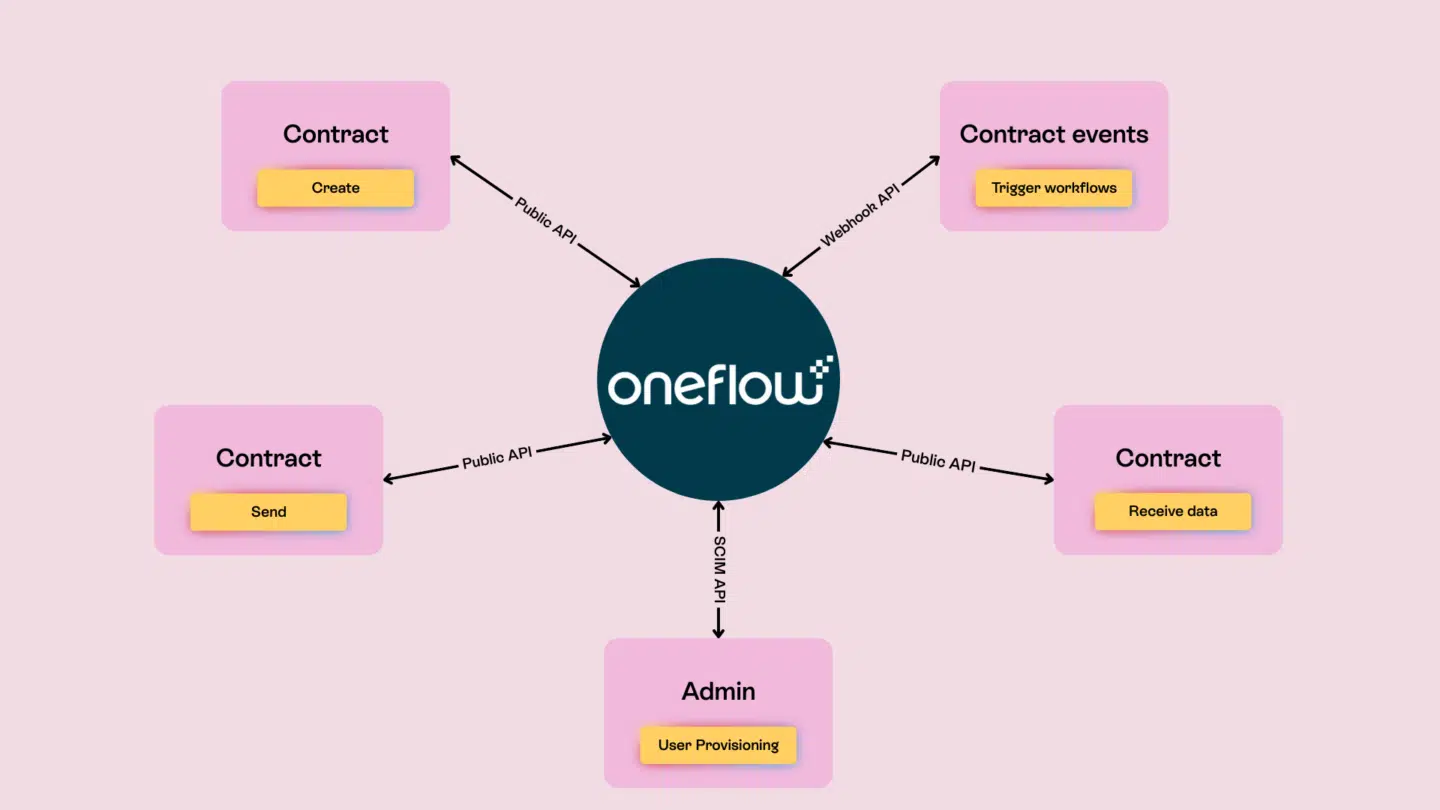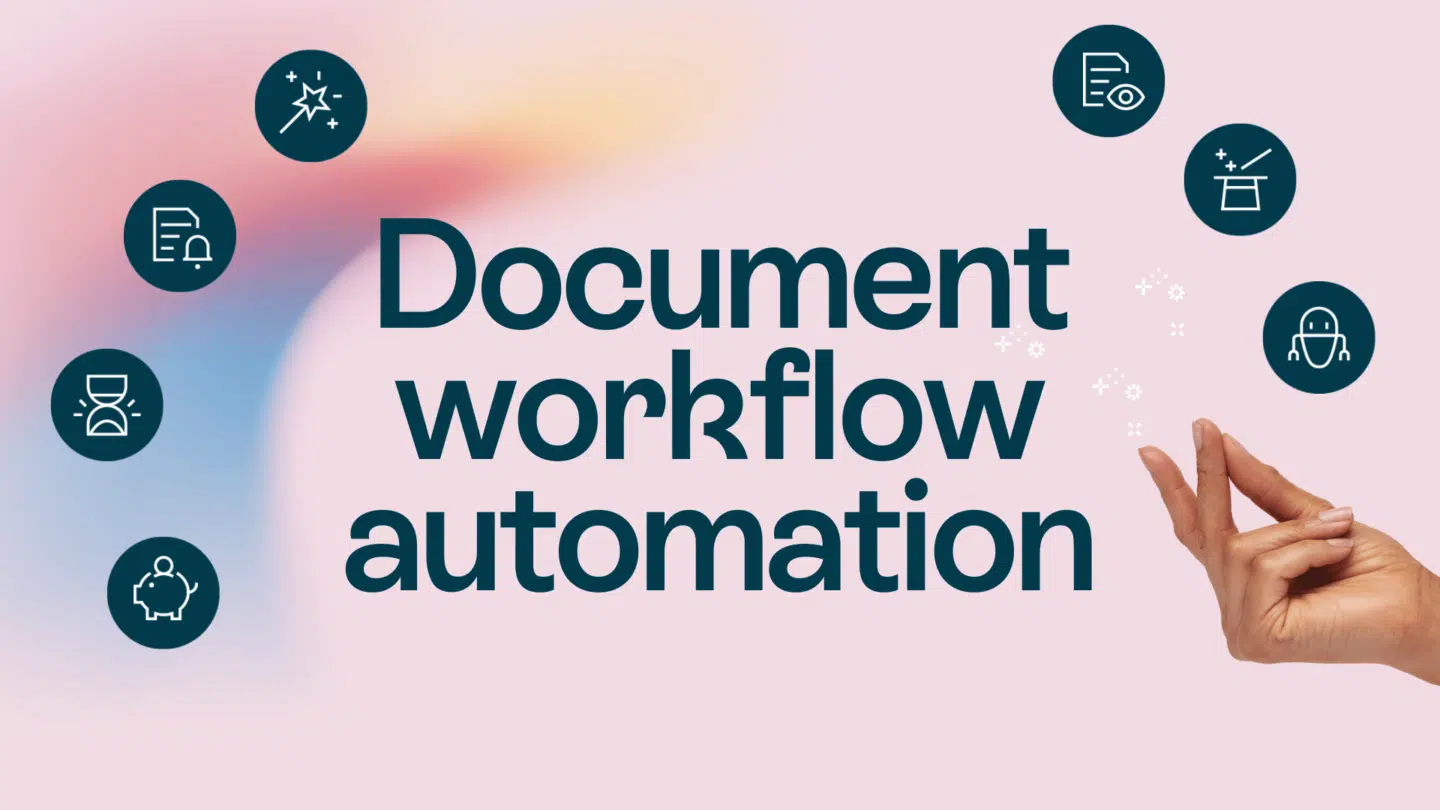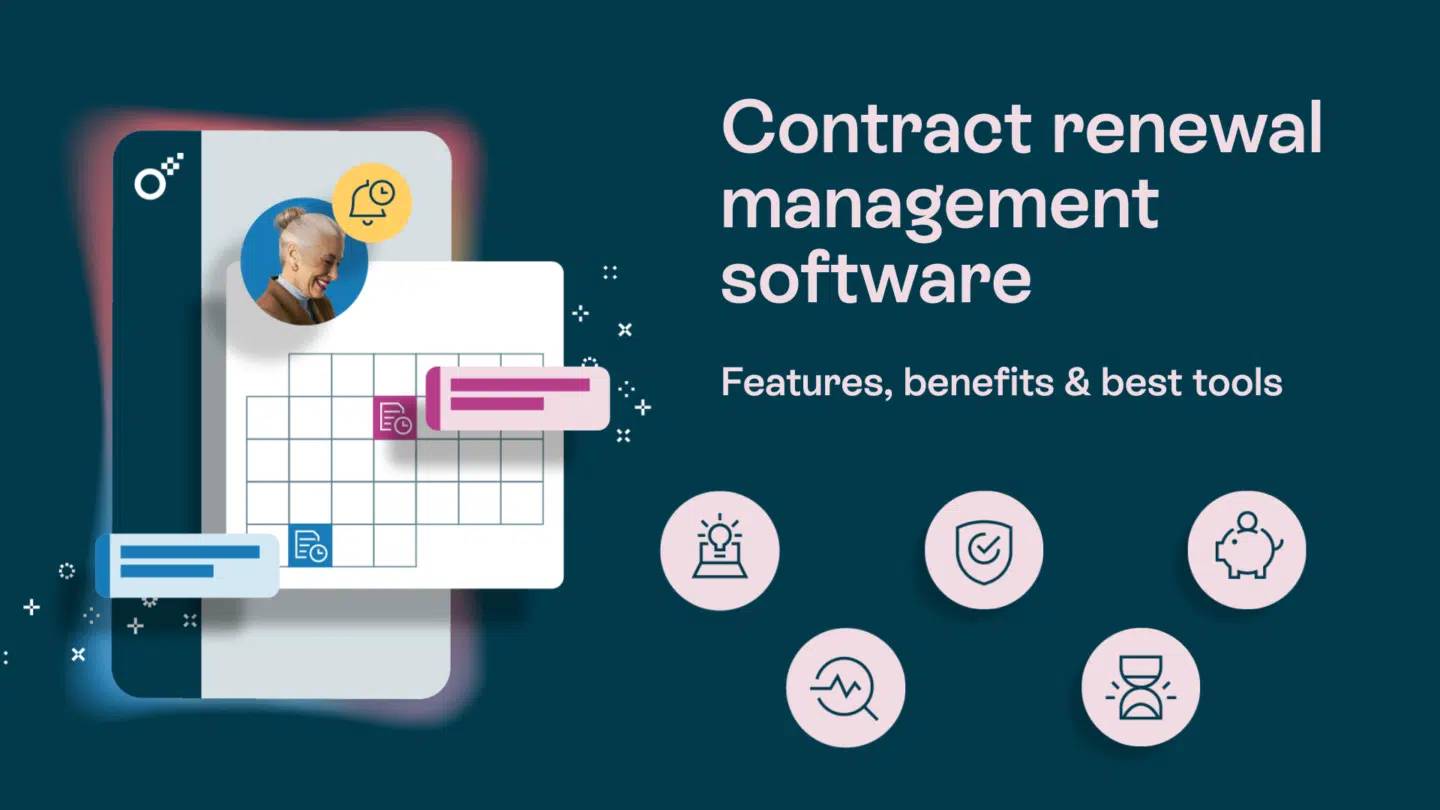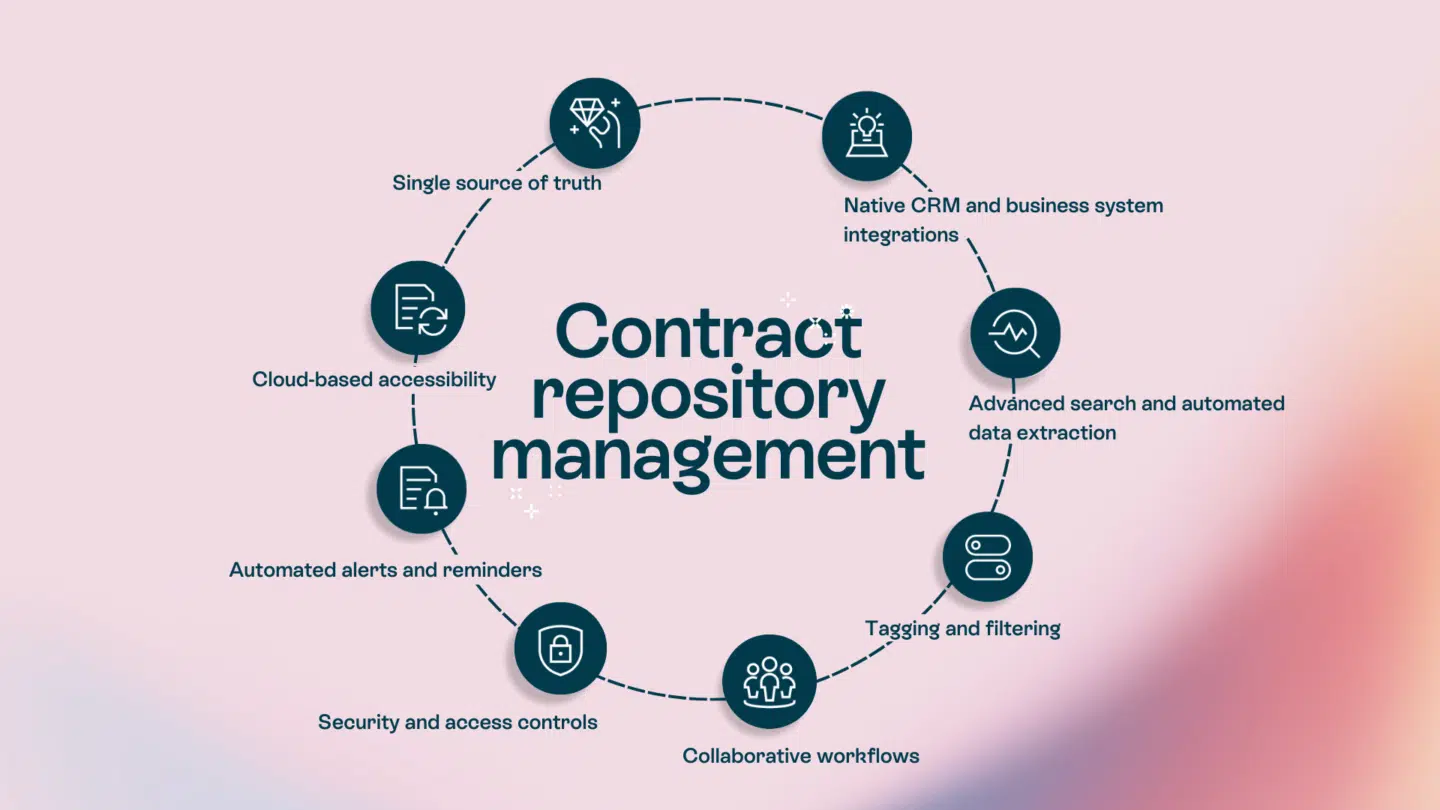As AI becomes a huge part of the legal world, it’s easy to get caught up in the hype, but when it comes to using AI in legal stuff, as tech lawyer Sofia Bruno wisely said, “Don’t confuse ChatGPT with my law degree.” While AI is transforming legal work, it’s still the expertise, judgment, and oversight of lawyers that make all the difference. Here are the most important takeaways from our exploration of AI’s impact on the legal profession.
1. Efficiency is essential, but AI doesn’t replace expertise
AI tools have made tasks like contract drafting, research, and document management far more efficient. As Sofia pointed out, “AI tools take over the bulk work, allowing us to focus on advanced legal advice.” Whether it’s drafting standard clauses or sorting through massive legal databases, AI saves hours of work and reduces human error. However, it’s crucial to remember that these tools don’t understand the nuanced context of a legal matter, that’s where lawyers step in.
- AI automates time-consuming tasks like contract drafting and legal research
- Tools like Oneflow AI save lawyers hours by organizing and analyzing data
- Despite AI’s efficiency, lawyers must apply their expertise to review and finalize AI-generated work
2. Using AI in legal stuff? The irreplaceable role of lawyers
Sofia’s comment, “AI can create a clause, but it’s up to the parties to make sure it aligns with their intentions,” underscores the need for human oversight in AI-generated contracts. While AI speeds up drafting processes, it cannot interpret the intentions or subtleties behind legal clauses. Lawyers are still needed to ensure that the AI’s output matches the clients’ needs and to catch potential pitfalls that AI might miss.
- Lawyers remain responsible for verifying AI-generated contracts and ensuring they meet the client’s intentions
- AI can’t replace the critical human element of interpreting context and legal nuance
- The final responsibility for legal accuracy lies with lawyers, not the technology
3. Adapting to the AI-powered legal future
AI is also reshaping the roles of law students and junior lawyers. “Students have the advantage of learning AI before they enter the profession,” Sofia explained. With AI handling many routine tasks that junior lawyers used to manage, their roles are shifting toward more specialized, strategic work. Law students and new professionals who embrace AI tools will be better equipped to succeed in a legal landscape that’s increasingly driven by technology.
- Law students should familiarize themselves with AI tools early to stay competitive
- Junior lawyers will focus less on administrative tasks and more on strategic advisory roles
- The next generation of lawyers will combine AI technology with legal expertise for optimal results
4. Opportunities and challenges of AI adoption
The potential for AI in legal practice is enormous, but it comes with challenges. Sofia emphasized that AI tools must “be properly tested for bias and security.” Lawyers are responsible for ensuring that the AI tools they use comply with privacy regulations and produce unbiased, reliable outcomes. The balance lies in using AI to increase efficiency while maintaining high standards of ethical and legal integrity.
- AI offers huge efficiency gains but requires careful oversight to avoid ethical pitfalls
- Security, privacy, and bias concerns must be addressed before fully integrating AI into legal workflows
- Lawyers must ensure compliance with regulations like GDPR and maintain accountability for AI-generated results

5. The future of billing and law firm structures
AI is also forcing law firms to rethink their traditional billing models. “AI is changing the way we bill, and it’s pushing firms to rethink how they offer services,” Sofia observed. With AI taking over much of the time-consuming administrative work, law firms will need to adapt by moving away from billable hours for junior lawyers’ tasks and instead focusing on value-based billing.
- AI in legal practisis reduces the need for billable hours tied to administrative work
- Law firms must adapt their business models to reflect AI-powered efficiencies
- Lawyers can focus on high-value services, offering more strategic advice and specialized expertise
AI enhances, but doesn’t replace, the human touch
As Sofia Bruno so eloquently put it, “AI is changing the way we work, but don’t confuse it with my law degree.” While AI brings undeniable benefits, streamlining workflows, reducing errors, and enhancing efficiency, it’s clear that the role of the lawyer remains central. AI is a tool, not a replacement, and lawyers who can balance technological efficiency with human expertise will be the ones leading the legal profession into the future.
- Efficiency
Using AI in legal stuff automates routine tasks, allowing lawyers to focus on higher-value work - Oversight
Lawyers are still needed to review and finalize AI-generated content to ensure accuracy - Adaptation
Law students and junior lawyers must embrace AI to stay competitive in the evolving landscape - Challenges
Security, privacy, and bias concerns need to be addressed when integrating AI into legal practice - Billing models
Law firms must adapt their structures to account for AI’s role in reducing billable hours tied to administrative tasks
In the end, AI can’t replace the depth of a lawyer’s expertise, it can only enhance it.






